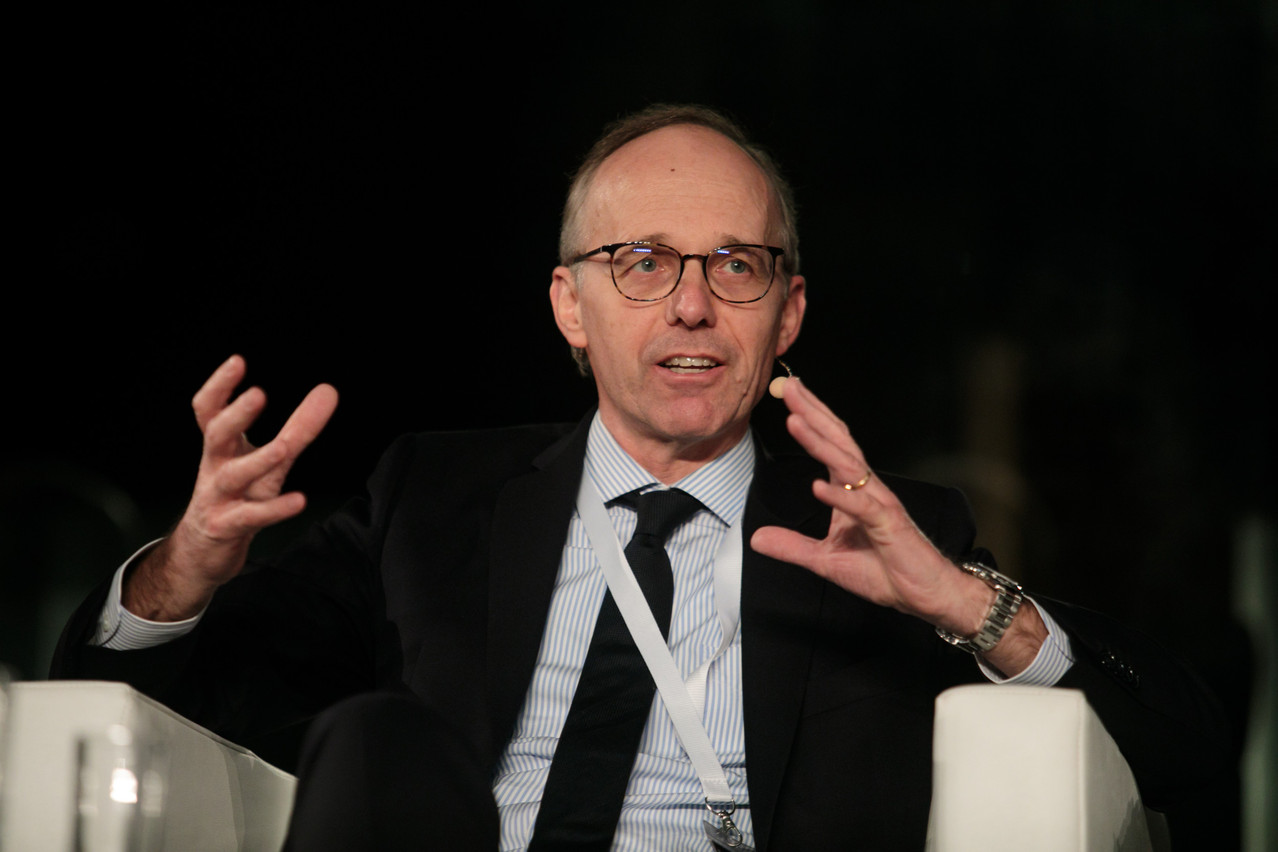The grand duchy’s political parties are gearing up for parliamentary elections later this year, with health minister and deputy PM Paulette Lenert (LSAP) having declared her party’s candidate for premier. Prime minister Xavier Bettel (DP) previously said he would be open to a nomination if the DP chose him.
Deputy prime minister François Bausch (déi Gréng) suggested justice minister Sam Tanson as a top candidate for the Greens, even though the party has in the past not run a candidate-based campaign, and Tanson suggested this should stay the same.
Now it is up to the CSV to make their move.
The party on 1 February is expected to unveil its top candidate and broadcaster RTL on Wednesday said that rumours of Frieden staging a return to politics appear to be true.
The CSV’s co-president Claude Wiseler had already announced he would not be lead the party into the elections. He would neither confirm nor deny the RTL report that Frieden would be the party’s pick speaking with Delano’s sister publication Paperjam on 25 January.
“Everyone thinks they know,” he said, adding that all would be revealed next week. “The press is doing its job and that’s fine, but I’m doing mine too, we will keep the primacy of information in the national council.”
Other names in the running have been Gilles Roth and Martine Hansen, who together chair the CSV’s group in parliament.
There and back again
The nomination would mark a return to politics for Frieden, who served variously as justice, finance and defence minister under prime minister Jean-Claude Juncker (CSV) between 1998 and 2013. He had widely been touted as a successor to Juncker but left politics when Juncker’s government collapsed and was succeeded by the DP-LSAP-déi Gréng coalition.
Frieden held a seat in parliament following the 2013 elections that ousted the CSV into the opposition, but quickly left the post.
The graduate of Harvard and Cambridge joined Deutsche Bank as vice-chairman in September 2014, leaving in 2016 to become chairman of the Banque Internationale à Luxembourg (BIL). A lawyer and partner at Elvinger Hoss Prussen law firm, the 59-year-old in 2019 became chairman of Luxembourg’s Chamber of Commerce and in 2021 was elected president of Eurochambres, the European Federation of Chambers of Commerce.
The CSV currently holds 21 seats in parliament and is the single biggest party group. However, after the 2013 elections it was Bettel’s DP that secured the mandate to form a government and the party found itself sidelined as the coalition between the DP, LSAP and déi Gréng took shape.
The three coalitions parties hold a wafer-thin majority of one seat in parliament, with 31 elected members of parliament out of 60 seats.
